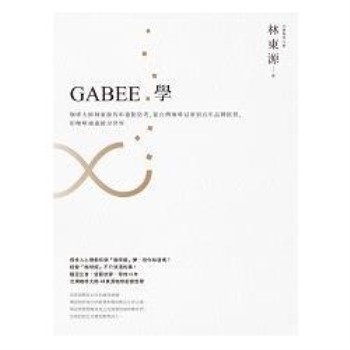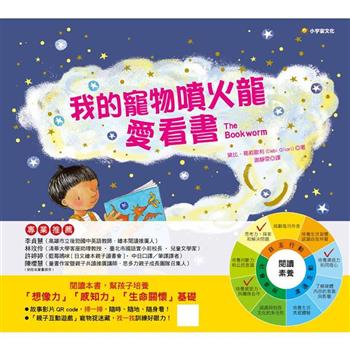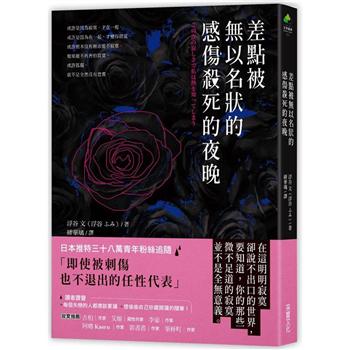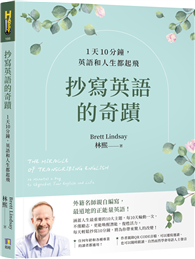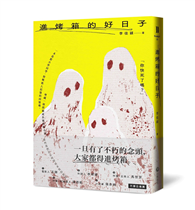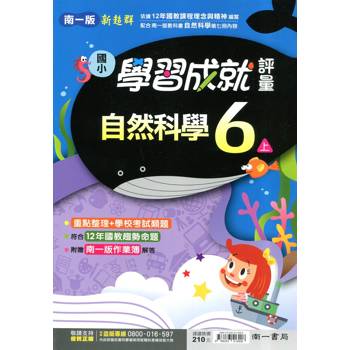| FindBook |
有 3 項符合
Tsui Hark’s Peking Opera Blues的圖書 |
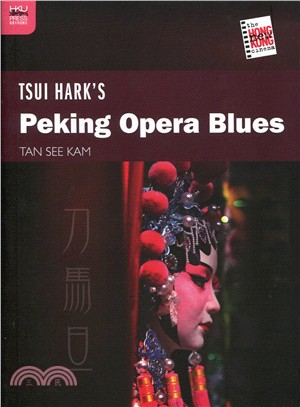 |
Tsui Hark's Peking Opera Blues 作者:Tan See Kam 出版社:香港大學出版社 出版日期:2016-08-05 規格:19.1*14cm / 248頁 |
| 圖書選購 |
| 型式 | 價格 | 供應商 | 所屬目錄 | $ 695 |
藝術設計 |
$ 818 |
中文書 |
$ 818 |
戲劇 |
|---|
| 圖書館借閱 |
| 國家圖書館 | 全國圖書書目資訊網 | 國立公共資訊圖書館 | 電子書服務平台 | MetaCat 跨館整合查詢 |
| 臺北市立圖書館 | 新北市立圖書館 | 基隆市公共圖書館 | 桃園市立圖書館 | 新竹縣公共圖書館 |
| 苗栗縣立圖書館 | 臺中市立圖書館 | 彰化縣公共圖書館 | 南投縣文化局 | 雲林縣公共圖書館 |
| 嘉義縣圖書館 | 臺南市立圖書館 | 高雄市立圖書館 | 屏東縣公共圖書館 | 宜蘭縣公共圖書館 |
| 花蓮縣文化局 | 臺東縣文化處 |
|
|
圖書介紹 - 資料來源:博客來 評分:
|
